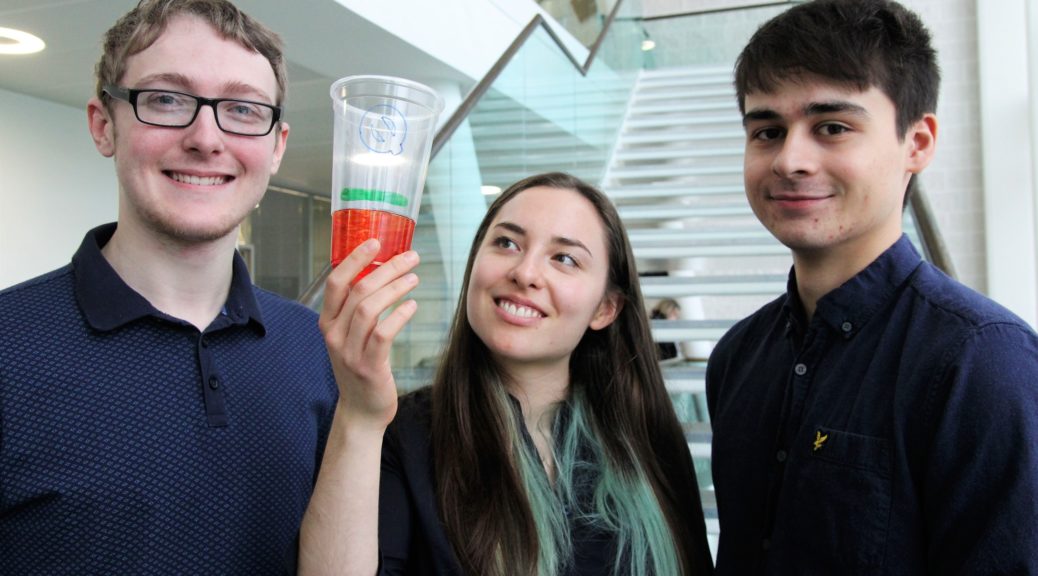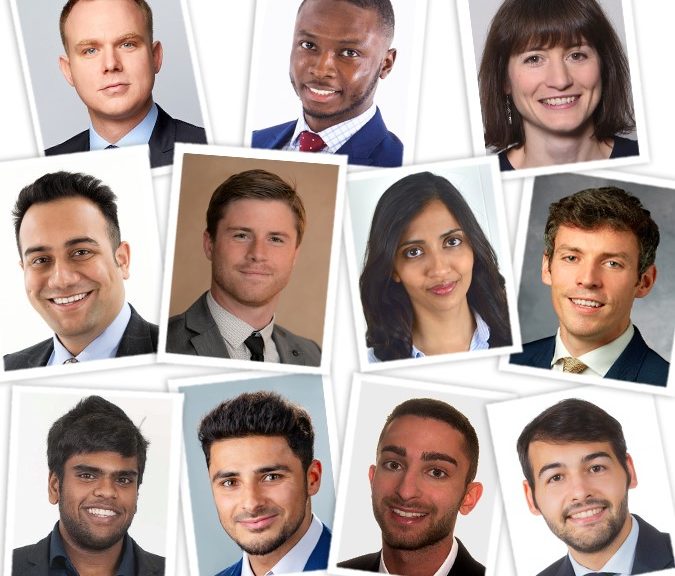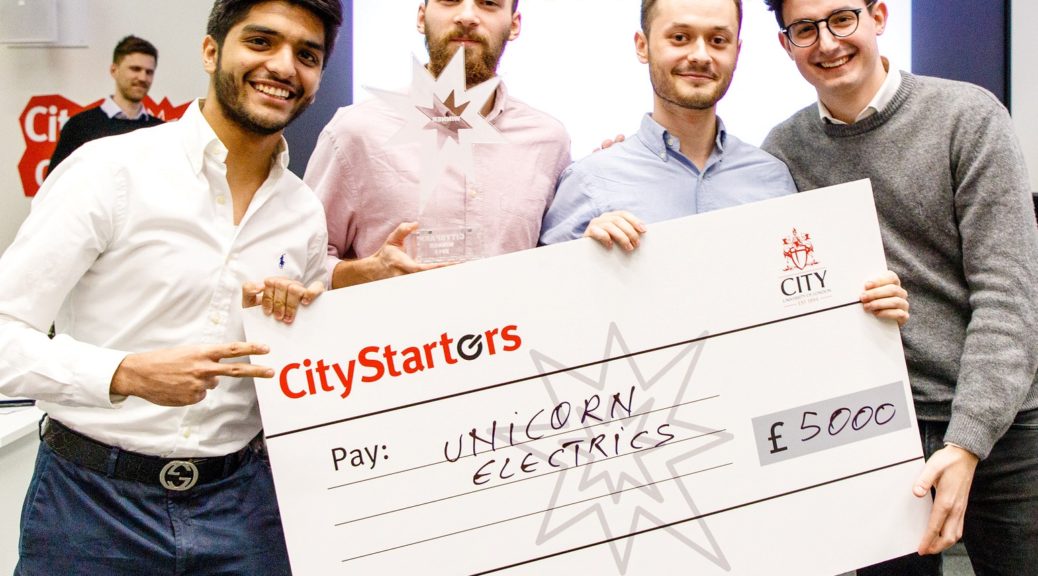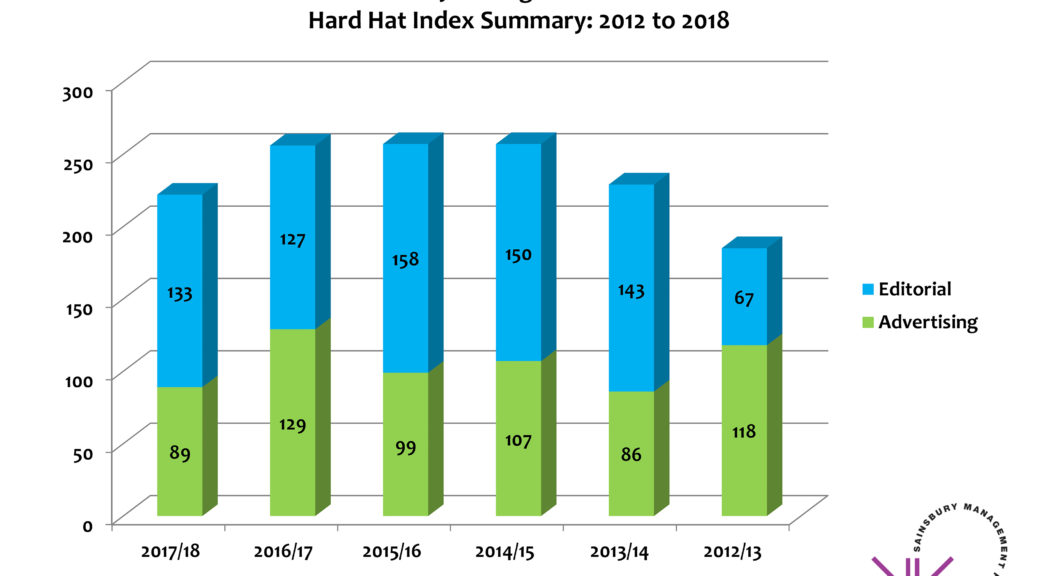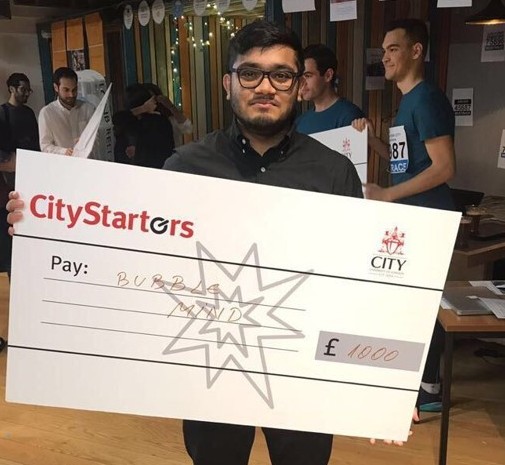
A company is only as good as the people in it but how, in an ever-changing and developing recruitment environment, do you get the most talented and most fitting candidates to walk through your door?
Many companies have become frustrated by an apparent ‘lack of talent’. The truth is that there is an abundance of aptitude and flair in virtually every sector. What many forget is that the company-employee relationship is two-way and that, as an organisation, you must be as attractive to applicants as they need to be to your business.
If you are struggling to hire your dream team, then settle in and peruse our tips, to see if there are areas in your recruitment strategy that could do with a tweak or a rethink.
Your Corporate Profile
One of the most difficult things to do in business is to put yourself in the shoes of others. You may be racking your brain as to why you are not attracting applicants. Profile and reputation are more important than ever, as many elements of your business are visible, your reputation and history are easily accessible to potential employees. Social media and the culture of branding across all aspects of life mean that the ‘online shopfront’ of your business must be on point. So, how do you look from the outside? What does your company look like to those who don’t already work inside it?
What
kind of applicant are you hoping to attract? What demographic? What experience?
What attributes and values? Now you must
think about whether your brand appeals to the target recruits. How visible is your brand in the marketplace?
Does the business look like a big enough player in your industry; is the
business innovative/cutting edge or have an ethical stance – or whatever values
your target employees expect?
What Do New Graduates Want?
Businesses crave fresh, energetic, relevant and hungry graduates. Hiring these vibrant, ambitious new professionals give companies real energy and new perspectives on problem-solving. However, graduates are not only looking for good salaries. In fact, studies show somewhat of a decrease in this being the most important factor when seeking long-term employment. When you are scouting for young talent, consider the following:
Progression Opportunities: More than half of graduates now state that the potential for career progression is the number one thing they look for in a job. So, your offer should include a clear structure for progression and professional development opportunities.
Culture: A positive and exciting work environment is now an essential ingredient for a desirable job. In 2017, over 60% of workers under 30 said that they would trade a higher salary for a positive social and professional climate around their job. Is your company doing enough towards employee happiness and wellbeing? Not only is this more attractive to applicants, but high workplace wellbeing has been linked to optimum productivity.
Flexibility: How flexible is your working structure? Many millennials have been known to favour less money for good flexibility. With it now being so easy to work remotely, people are also looking for the option to operate from home for some of the time. Can you implement this in your workforce?
Your Recruiting Methods
This
is perhaps the biggest problem facing companies looking for the best recruits;
how do you get the message out there? How do you reach the people you want on
your team and how do you extract the best from your applicants? Well, there are
some traditional recruitment methods that have become forgotten in recent
years, yet still work extremely well. There is also a torrent of new ways to get the
freshest talent to knock on your door.
Traditional Methods
Newspaper Advertisements: Now, it could certainly be argued that this is outdated. However, research around the world suggests that this is still a very successful way to reach candidates. For many, the job pages in the papers (both online and paper publication) are the ‘go-to’ starting point for job searches. So, don’t turn your nose up at this method just yet.
Temp Agencies:This is a sound way to get ‘no-strings-attached’ potential staff through the door. Temp agencies are often teeming with skilled fresh graduates just making a living whilst they wait for the right job to come along. By getting a temp in, you have no obligation to ask them back if they aren’t up to scratch. If, on the other hand, they are wonderful then you, and
Internal Hiring: Never overlook the brilliant people who already work in your organisation. Not only is internal hiring/promotion the simplest way to fill roles (as they already know, and are part of, the infrastructure of the workplace), but it is also the safest way to hire; no risks taken on sub-par skills or questionable personalities.
Modern Methods
Social Media: Yes, it does seem obvious. And yes, social media does have a somewhat controversial reputation, but you would be remiss not to use it to your advantage. We are all glued to our devices, there’s no getting away from it, so social media recruitment posts and advertising will broaden your pool of applicants. Another bonus of this method is that, in the grand scheme of job advertising, using social media channels is relatively low cost.
ATS (Applicant Tracking Systems): These systems are becoming increasingly popular with businesses of all sizes. ATS essentially deals with all your recruitment needs, cutting down on administrative load, and creates a database of talent that not only corresponds to your current needs, but also keeps candidates on file for future opportunities. There is an ATS to fit any business, check out some of the best software options here.
Open Ended Job Advertisements: This is an interesting development. The standard job description is changing in nature. It has become not uncommon to leave off job titles and parts of job specifications. The idea is that a more diverse range of professionals will apply for the posts, basing their application more on the content of the prospective job as opposed to the title.
Updated Interview Techniques and Job Auditions: ‘Where do you see yourself in five years?’ is an interview question that is soon to be left in the past. Interview techniques are changing; there are a number of ways to get a better read on your candidate with a few tweaks in your technique, check out a few here. We are also seeing a rise in the ‘job audition’; getting candidates to spend a few hours in the job for which they are applying to see if they really do match up to their CV. This is a much more practical and telling way of assessing a potential addition to your team.
So, there we have it. How many of these tips and techniques will you be trying out for your business? The addition of just a handful of these ideas will help you to populate your business with a talented and driven workforce that is just as positive about working for you as you are to have them on your team.
Photo: Nikita Kachanovsky on Unsplash






